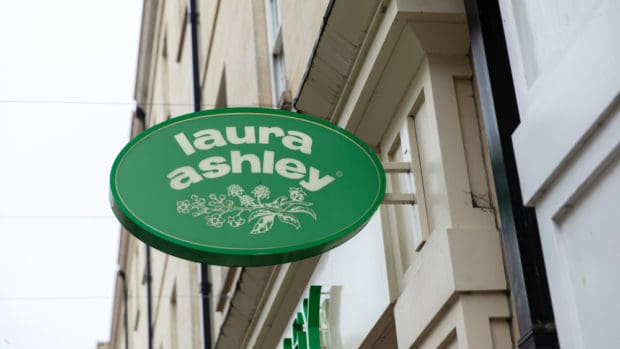Music, DVD and games retailer HMV, camera retailer Jessops and video-rental specialist Blockbuster have become the first high-street casualties of 2013, with potentially more to come, retail experts warn.
On 9th January, camera retailer Jessops confirmed it appointed PricewaterhouseCoopers as administrator after suffering a continued decline in sales. By 11th January, Jessops’ online and
retail stores had ceased trading with the loss of around 1,370 jobs. A further 77 employees were made redundant at its head office in Leicester.
Just days later, HMV appointed Deloitte as its administrator. Tough trading on the high street saw the London-based company suspend trading in its shares on Monday, 14th January, after
announcing it was failing to comply with its banking covenants. There is still hope that HMV, which currently operates out of 223 stores and has 4,123 employees, can be rescued-at least
partially. On 22nd January, restructuring specialist Hilco confirmed it had acquired HMV’s debt from the company’s lenders, but stressed it had not bought the business itself. In a statement, Hilco, which bought HMV Canada in 2011, said it “believes there to be a viable underlying HMV business” and will now be working closely with Deloitte to determine future options.
Deloitte was also appointed administrator at Blockbuster, which blamed competition from online rivals for its demise. Blockbuster had 528 stores employing 4,190 staff. At press time, Deloitte
confirmed 160 stores would close over the coming weeks in order to restructure the business to a “profitable core which is capable of being sold”.
Facing the music Dan Wagner, chief executive and chairman of mPowa and Powa Technologies, which specialises in implementing online and mobile retail platforms for some of the leading high street names, warns that many more retailers could succumb to a similar fate because of the cumulative effect of poor sales throughout the year. “Retailers have to stay ahead of the game and have an effective online and offline strategy in place if they are to survive in this new technology-focused era.”
He estimates that UK consumers spend an average of £1,083 a year on shopping online and “while this is good news for British ecommerce businesses, those that didn’t have a digitally focused strategy from the outset are now playing catch-up and the consequences are clear to see.”
Commenting on the collapse of HMV, Rupert Eastell, head of retail at accountancy, tax and business advisory firm Baker Tilly, was not surprised at the news, “The failure of the only surviving national music store comes hot on the heels of the administrations of a list of established retailers including Comet, JJB Sports, Clinton Cards and, most recently, Jessops.”
According to Eastell, HMV, Jessops and now Blockbuster won’t be the last household retailers fighting to stay alive in 2013. He had a rather gloomy forecast, “The bad news is that this year is predicted to be just as bleak, if not bleaker than the last 12 months, and to ride out the storm successfully companies really need to be fit for purpose and evolve with the times. They simply cannot rely on outdated and broken business models.”
Job losses in the New Year weren’t limited to high street stalwarts, with pureplay online retailer Play.com and direct marketing staple Reader’s Digest also proposing redundancies.
On 4th January, the board of private equity firm Better Capital proposed that creditors vote for a company voluntary arrangement of Vivat Ltd, which trades under the Reader’s Digest name.
The objective of the restructuring is to allow a smaller, profitable business based around the magazine to continue to trade while facilitating an exit from unprofitable catalogue activities. According to reports, this could see 95 of 125 staff lose their jobs.
Play.com has confirmed it is phasing out the direct retail part of its business to focus on its marketplace offering. The entertainment products specialist blamed the abolition of Low Value Consignment Relief (LVCR), which allowed goods worth less than £15 coming from the Channel Islands to ship VAT-free, as the determining factor in the decision. The move will see the loss of 147 jobs from the finance and warehouse teams in Jersey by March 2013. In addition, some 51 permanent and 16 temporary staff will be made redundant in its Cambridge and Bristol offices.
On a positive note, Tesco is creating up to 700 new jobs in its new “dotcom store” at Crawley, near Gatwick in West Sussex. Driven by the popularity of its online grocery business, which saw sales grow 18 percent over the Christmas period and more than half a million food orders fulfilled in the week before Christmas, this is Tesco’s fifth facility to serve only online shoppers. Products at the store are stacked according to the popularity with customers rather than by product type, helping personal shoppers pick more efficiently.
To promote the online grocery service, Tesco’s first TV advertising campaign for 2013 features a mother daydreaming about who is picking her online order. The ad went live on 23rd January.








Share